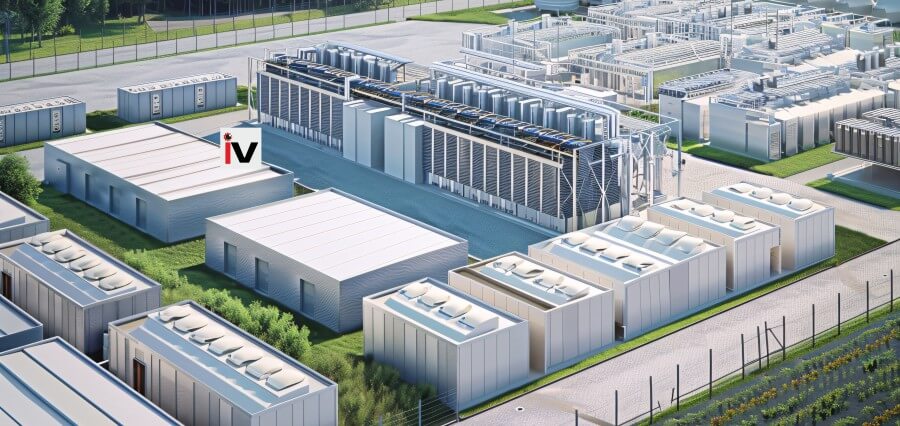Thermal batteries are indeed considered a promising breakthrough in terms of energy storage, one alternative to lithium-ion and therefore cheaper and scalable with promise for renewable energy applications. Renewables such as wind and solar continue to become the cheapest source of energy, and the urge to have efficient and reliable storage solutions is becoming all the more urgent. Thermal batteries store excess electrical energy as heat in bricks of graphite that can be brought to higher than 3,000 degrees Fahrenheit. The heat stored can be released once demanded. It should prove useful in industrial production for high-temperature use in the steel, cement, and chemicals industries.
According to John O’Donnell, the founder and chief innovation officer of Rondo Energy, thermal batteries are an entirely new way of storing energy, but at a cost a fraction of that in other conventional methods. They capture excess electricity from renewable sources and store it as heat to provide energy on demand. That makes thermal batteries potentially game-changing in the landscape of renewable energy.
Rondo Energy is one of the prominent companies involved in the thermal battery market. The company had developed its first commercial heat battery at Calgren Renewable Fuels in California’s Central Valley. This system stores solar energy during the day and provides high-temperature heat around the clock. According to O’Donnell, the use of raw materials such as clay bricks makes the thermal batteries both cost-effective and efficient. As much energy as one pound of lithium-ion battery, yet stored at less than 10% cost in a pound of brick.
Looking ahead, Rondo Energy plans to scale up production significantly, targeting 90 gigawatt-hours annually by 2027. If it is successful, this will cut carbon dioxide emissions by 12 million tons per year- the equivalent of removing 4 million gasoline-powered cars from the roads.
This potential comes with various challenges: high initial costs and little familiarity with the technology by industrial users remain strong hurdles. Awareness of the benefits and commercial viability of thermal batteries, therefore, will need to educate the market to address the barriers. However, thermal batteries can play an extremely important role in future developments of sustainable energy storage, given these hurdles may be overcome.

